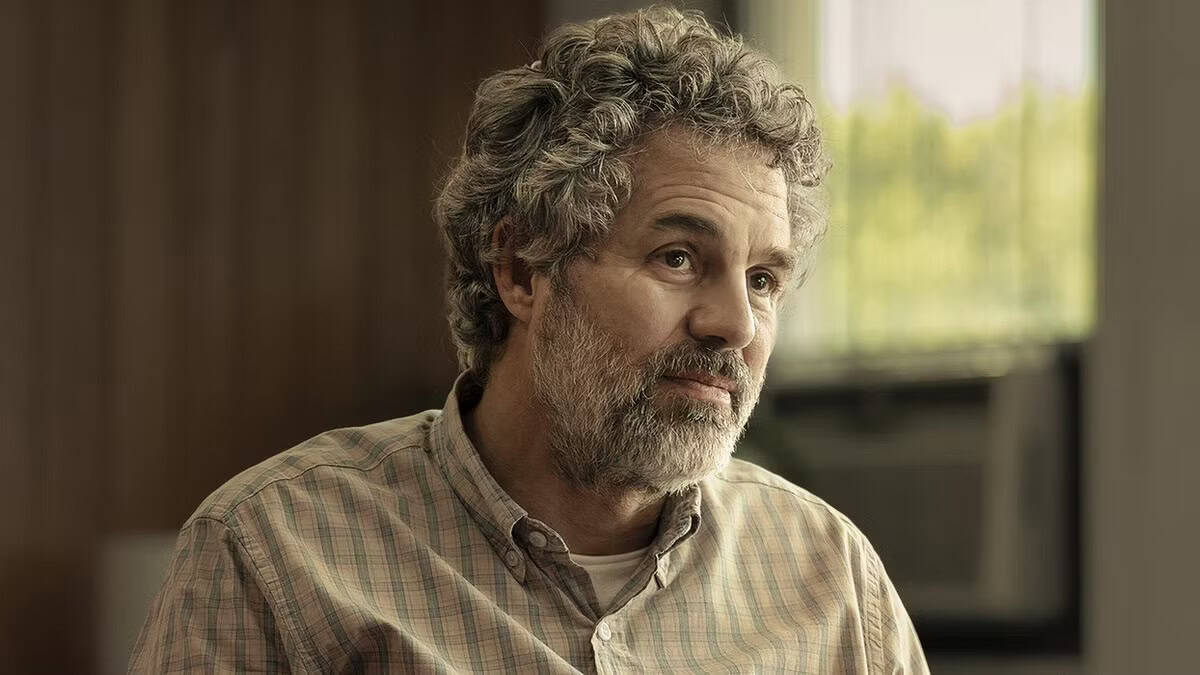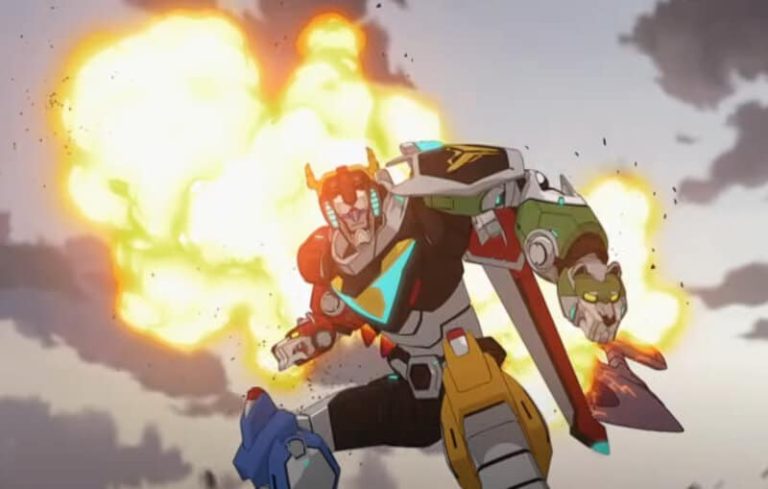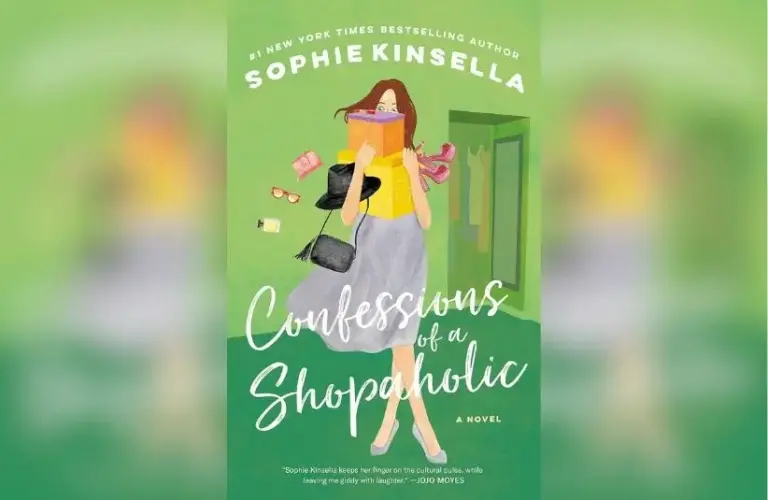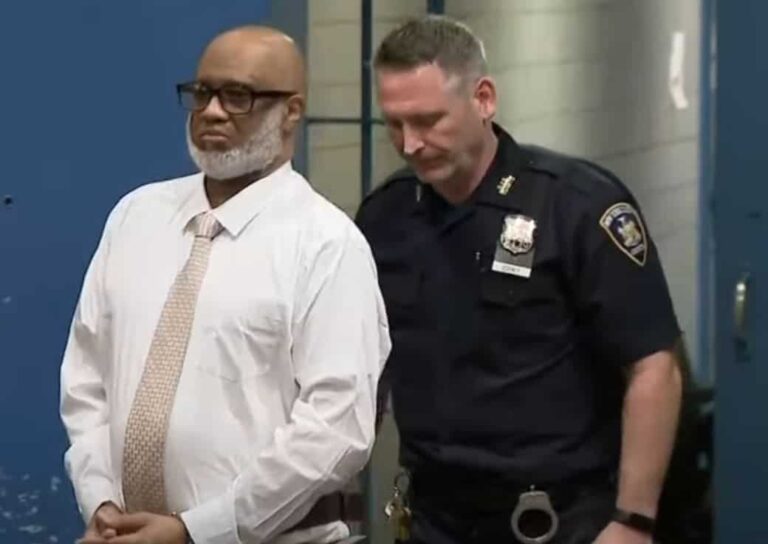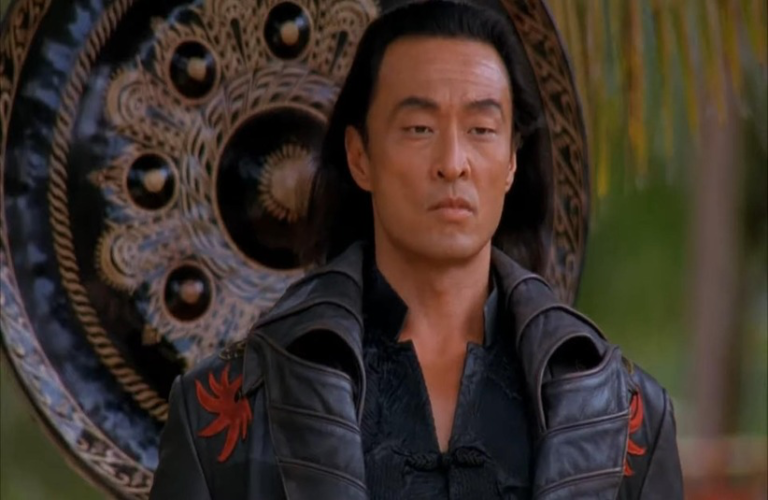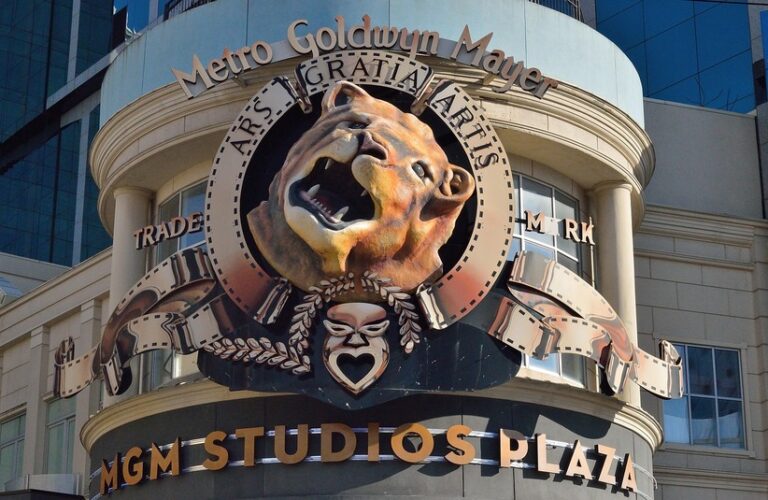Mark Ruffalo Doesn’t Hold Back Thoughts On Disney Amid Jimmy Kimmel Situation
The recent suspension of ABC’s Jimmy Kimmel Live! has ignited a firestorm of debate across the entertainment industry and beyond. The network’s decision to preempt the late-night show indefinitely following controversial comments made by its host has drawn both sharp criticism and vocal support. Adding a significant voice to the discussion, longtime Marvel star Mark Ruffalo has spoken out, linking the network’s actions to financial consequences for its parent company, Disney, and raising broader questions about free speech and corporate responsibility.
The Heart of the Controversy: What Led to the Suspension?
The situation escalated after Jimmy Kimmel made comments during his opening monologue that were critical of conservative activist Charlie Kirk’s recent murder and the political response to it. Kimmel’s monologue on Monday night included the statement, “We hit some new lows over the weekend with the MAGA gang desperately trying to characterize this kid who murdered Charlie Kirk as anything other than one of them and doing everything they can to score political points from it.”
The remarks quickly drew condemnation, leading Nexstar Media, one of the nation’s largest owners of local television stations, to announce it would preempt airings of the program. Shortly after, ABC announced that Jimmy Kimmel Live! was being suspended indefinitely. This move by the network set the stage for a widespread debate, with many public figures, including Mark Ruffalo, weighing in.
Mark Ruffalo Comments on Jimmy Kimmel Suspension and Disney Stock Impact
As an actor with a significant role within the Disney-owned Marvel Cinematic Universe, Mark Ruffalo’s decision to speak out carries notable weight. He took to the social media platform Threads to share his perspective, directly connecting the suspension to Disney’s financial health. Responding to a report that Disney’s stock had dropped 7% following the suspension, Ruffalo wrote, “It’s going to go down a lot further if they cancel his show. Disney does not want to be the ones that broke America.”
Ruffalo’s statement accomplishes two things. First, it frames the issue in financial terms, suggesting that caving to external pressure could be more damaging to Disney’s bottom line than standing by its host. Second, his comment that Disney does not want to “be the ones that broke America” elevates the issue from a simple programming decision to a matter of national cultural significance, implying that stifling Kimmel’s voice contributes to a fractured social landscape.
This was not Ruffalo’s only comment on the matter. During a “No Kings” online event, he further elaborated, stating, “My industry doesn’t really understand what’s happening right now, but what they do understand is our freedom of speech is being attacked.”
Two Sides of the Argument: Free Speech vs. Corporate Responsibility
The suspension of Jimmy Kimmel Live! has sharply divided opinions, creating two primary camps with fundamentally different views on the matter.
The Argument for Free Speech
Supporters of Jimmy Kimmel, including Ruffalo, Wanda Sykes, Conan O’Brien, and other prominent figures, argue that ABC’s decision is a direct assault on the principle of free speech. From this perspective, comedians and late-night hosts have historically played a vital role as social and political commentators. Their job often involves using satire and pointed criticism to hold powerful figures accountable and to reflect on current events, even if it makes some uncomfortable.
Those in this camp believe that a network pulling a show off the air due to pressure from political opponents or affiliate station owners sets a dangerous precedent. They argue it creates a chilling effect, where hosts and writers may self-censor to avoid controversy, ultimately weakening public discourse. Ruffalo’s comments align with this view, suggesting that protecting voices like Kimmel’s is essential to a healthy, functioning democracy. As fellow comedian Jay Leno put it, “It’s a comedian talking; if you don’t like it, don’t watch it.”
The Argument for Corporate Responsibility
On the other side of the debate are those who support ABC’s decision, framing it as an act of corporate responsibility. This viewpoint contends that a major network like ABC, owned by a family-friendly brand like Disney, has a duty to remain impartial and avoid broadcasting content that could be perceived as overly partisan, inflammatory, or offensive to a large segment of its audience.
Proponents of this view argue that Kimmel’s comments crossed a line from comedy into divisive political rhetoric. They believe that by suspending the show, ABC is acting responsibly to protect its brand, respect its affiliate partners like Nexstar, and maintain a broad audience base. From a business standpoint, alienating millions of potential viewers and advertisers is a risk that a publicly traded company like Disney must take seriously. This perspective holds that free speech does not mean freedom from consequences, especially when operating on a platform owned by a corporation with its own standards and commercial interests.
The Broader Implications for Media and Entertainment
The controversy surrounding Mark Ruffalo’s comments on Jimmy Kimmel’s suspension and Disney stock impact highlights a growing tension in the media landscape. Entertainment companies are increasingly finding themselves caught between a desire to support creative expression and the commercial imperative to avoid alienating a polarized audience.
For Disney, the stakes are particularly high. The company has faced political and cultural battles on multiple fronts in recent years, and this incident adds another layer of complexity. Ruffalo’s warning about the stock price introduces a tangible financial element to a debate often centered on principles. Investors and executives must now weigh the potential financial fallout from angering one side of the political spectrum against the fallout from angering the other.
As this situation unfolds, the industry will be watching closely. The outcome could influence how networks handle similar controversies in the future, potentially reshaping the boundaries of political comedy and commentary in mainstream media. The central question remains: where is the line between protected speech and corporate accountability, and who gets to draw it?

